As a locality frequently affected by natural disasters, the work of responding to climate change and preventing and combating natural disasters (PCTT) is always of interest to the People's Committee of Trieu Phong district.

Trieu Phong district effectively implements programs and projects to prevent riverbank erosion - Photo: TV
Accordingly, based on annual natural disaster forecast information, the District Steering Committee for Disaster Prevention and Search and Rescue advises the District People's Committee to issue documents to proactively prevent disasters and search and rescue, and at the same time organize propaganda to help people access information as quickly as possible to proactively prevent.
In addition, the District People's Committee actively implements the national strategy for natural disaster prevention, mitigation, and integration of disaster prevention, climate change adaptation, and poverty reduction into the district's annual and five-year socio-economic development plans.
Along with that, the District People's Committee synchronously deployed many solutions to effectively manage resources and minerals, especially sand on riverbeds, and coordinated with superiors to conduct investigations and assessments of the potential and value of resources as well as mineral exploration and exploitation and management and protection for effective use.
Directing localities to use the land for the right purpose, ensuring land funds for industrial purposes, improving the efficiency of using the 2-crop rice area per year, protective forest land and production forest land. During the process of mineral exploitation, units must properly implement the commitment to protect the environment, not exploit illegally to protect the ecosystem and water resources; the district encourages the use of renewable energy and new energy in production activities.
The proactive work of preventing and minimizing environmental pollution, especially soil, water and air pollution, has been effectively directed by Trieu Phong district. Currently, the rate of wastewater treated before being discharged into the river basin environment has reached 60%; industrial clusters, points, craft villages and production facilities have wastewater treatment systems reaching 100%; solid waste is collected and treated reaching 92%; the urban and rural population using hygienic water for daily life has reached 100%, the collection of graves in cemeteries according to the new rural planning has reached 100% and the land consolidation has been completed, maintaining forest cover of over 42%...
In addition to issuing directive documents, inspection and examination of compliance with regulations on mineral activities are also carried out regularly. To be proactive in inspection and examination, the District People's Committee issued a decision to strengthen the inter-sectoral working group on handling violations in mineral activities.
From 2014 to 2023, 408 administrative violations were detected and handled with 416 subjects, more than 1.5 billion VND was paid to the state budget, 2,839.5m3 of sand was confiscated, contributing to limiting illegal mineral exploitation, especially illegal sand and gravel mining on Thach Han River as well as thoroughly handling illegal sand and gravel gathering and trading sites along the river in the district...
However, besides the achieved results, the People's Committee of Trieu Phong district pointed out some shortcomings and limitations such as propaganda work in this field has not been carried out regularly and continuously, so the awareness of compliance with the law on environmental resources of some organizations and individuals is not high, and the responsibility in state management in some localities is still low.
Inspection, supervision, reminders, and guidance on resources and environmental protection at the facility have not been carried out regularly. Waste classification, collection, and treatment still face difficulties and limitations due to low environmental protection awareness among the people.
State management of land in some localities is not strict, there are still violations of land laws such as encroachment, occupation, illegal construction on agricultural land; land allocation and leasing without proper authority; the determination of origin and time of land use to prepare registration declaration files, and grant land use right certificates to households and individuals by the People's Committee at the commune level is still problematic, not ensuring compliance with regulations...
In the coming time, the People's Committee of Trieu Phong district determined to strengthen management, inspection and supervision of the implementation of land use planning, annual land use plans, planning, management of exploitation and use of important resources as well as adjusting planning and development plans of sectors and localities, minimizing ineffective sectors, fields of production, business, and economic development projects related to natural resources, causing environmental pollution.
Along with that, it is necessary to effectively manage, exploit and promote projects with the goal of adapting to climate change, preventing landslides, high tides and saltwater intrusion, while strengthening water resource management according to river basins, ensuring efficiency and safety for reservoirs.
In addition, innovating land accumulation policies and mechanisms ensures response to climate change and overcomes fragmentation, creates conditions to attract investment, apply mechanization and high technology to agricultural production, improve land use efficiency, and prevent land from being left fallow and being used wastefully.
At the same time, encourage and create favorable conditions to attract investment projects to develop new energy sources such as wind power and solar power to replace traditional energy sources. Mobilize investment resources to build centralized wastewater treatment systems for industrial clusters and craft villages as well as synchronously implement engineering and non-engineering solutions to protect the environment and adapt to climate change.
Strengthening the protection and rational exploitation of natural resources, especially marine resources. At the same time, actively propagating and raising awareness and skills of natural disaster prevention for people. Proactively and promptly informing, forecasting, developing plans for natural disaster prevention and response to climate change in coastal areas, maximizing investment resources to respond to climate change, especially programs and projects to build and upgrade urban and rural technical infrastructure, residential housing, reservoirs, dykes, riverbank and coastal embankments as well as promoting the responsibility of businesses and communities to participate in preventing and mitigating natural disasters and effectively responding to climate change...
Tuan Viet
Source


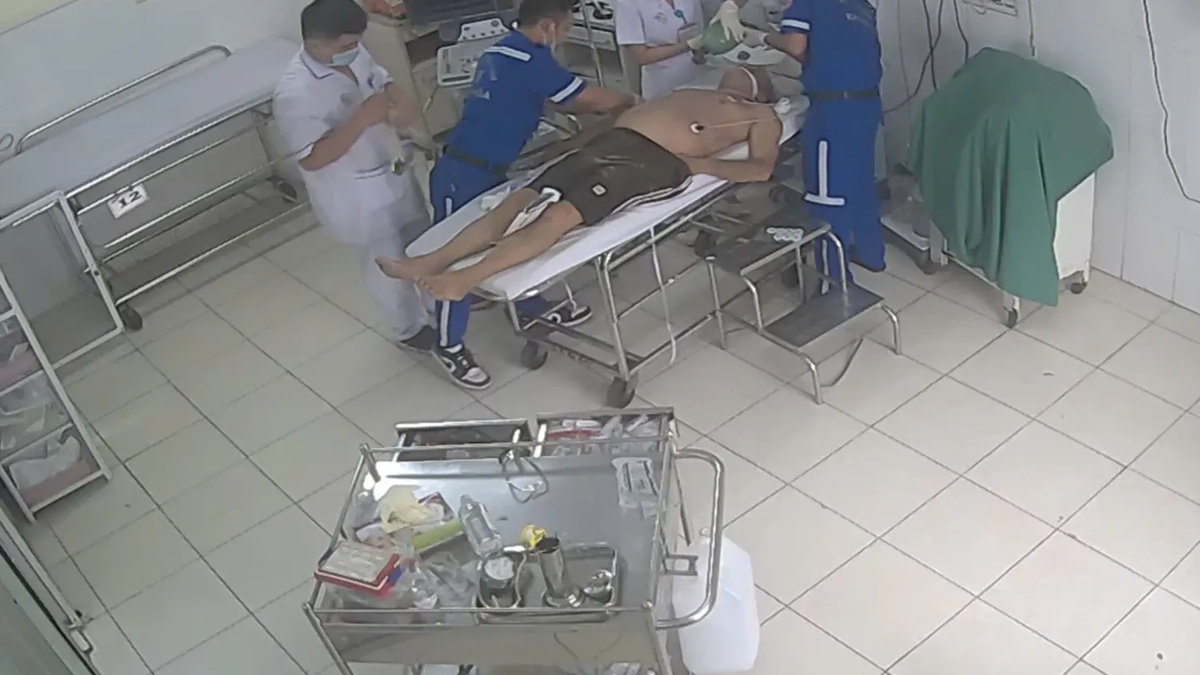
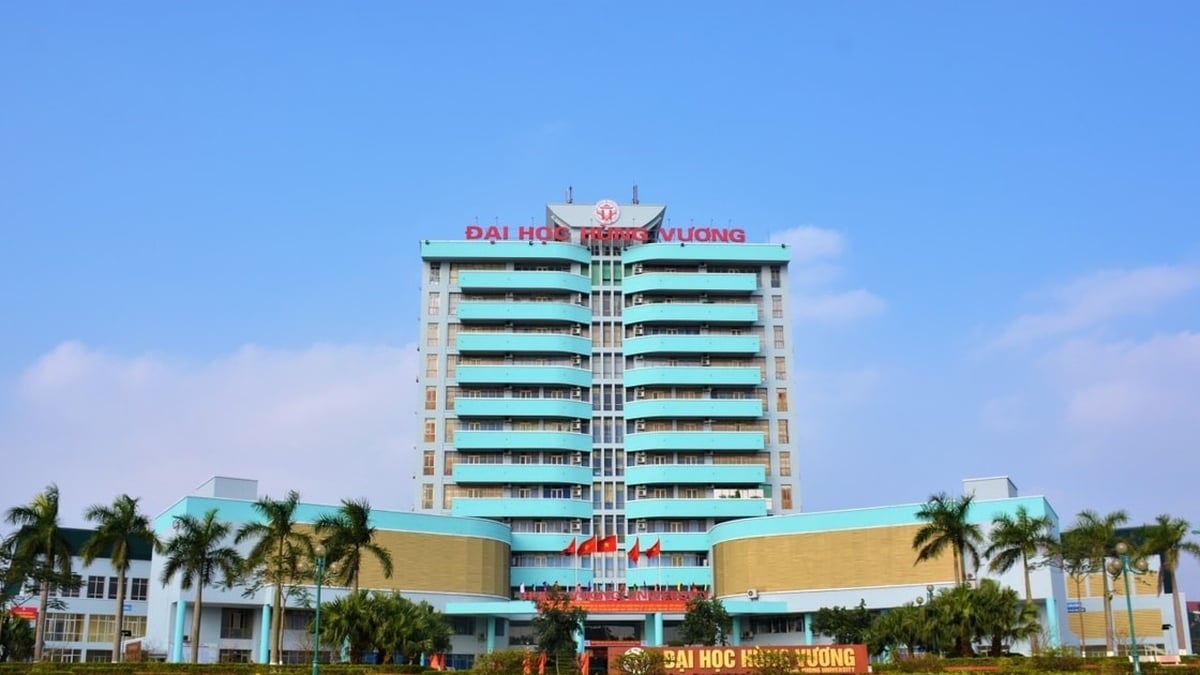


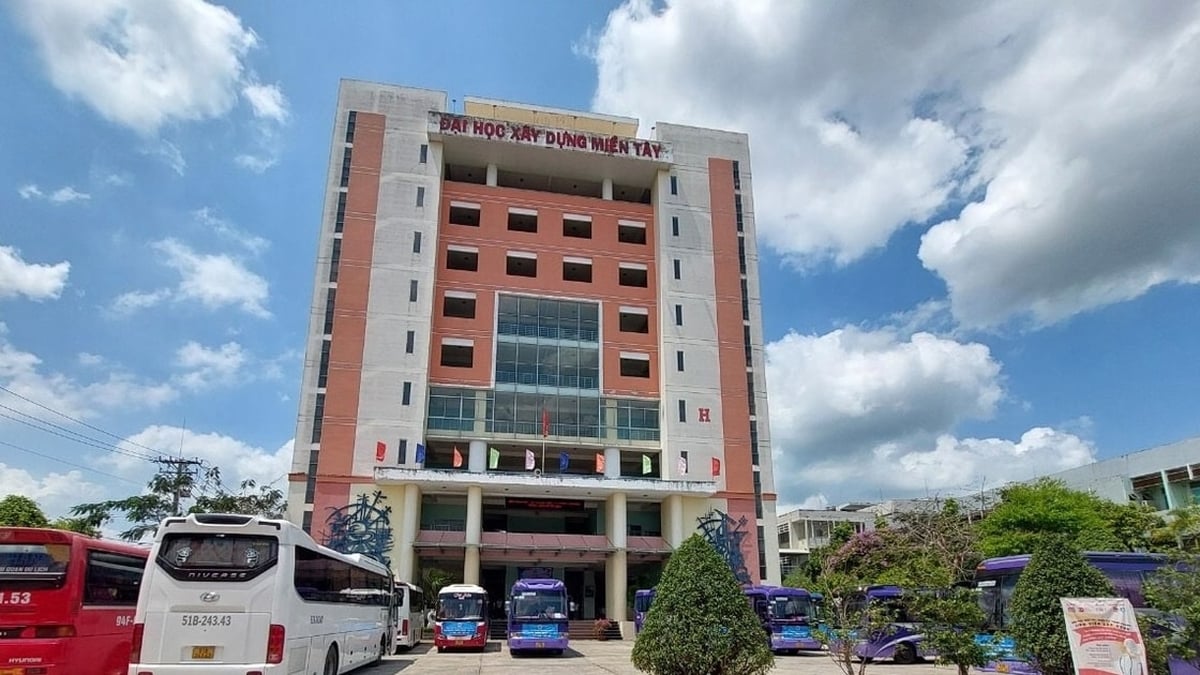
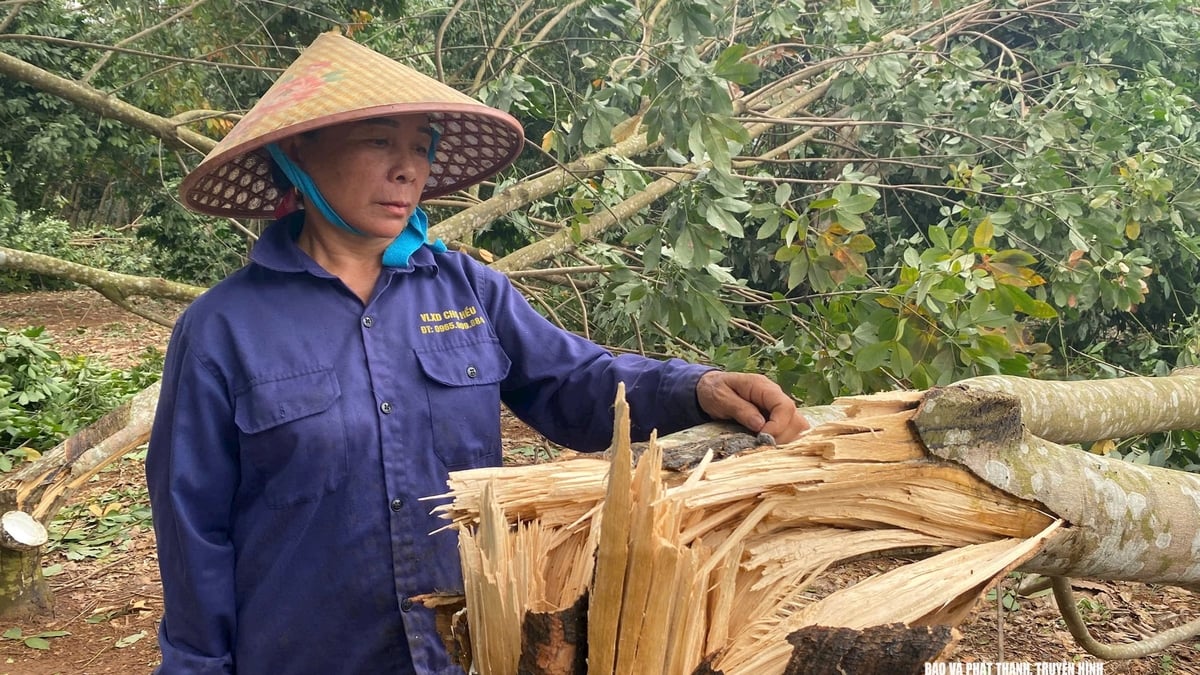
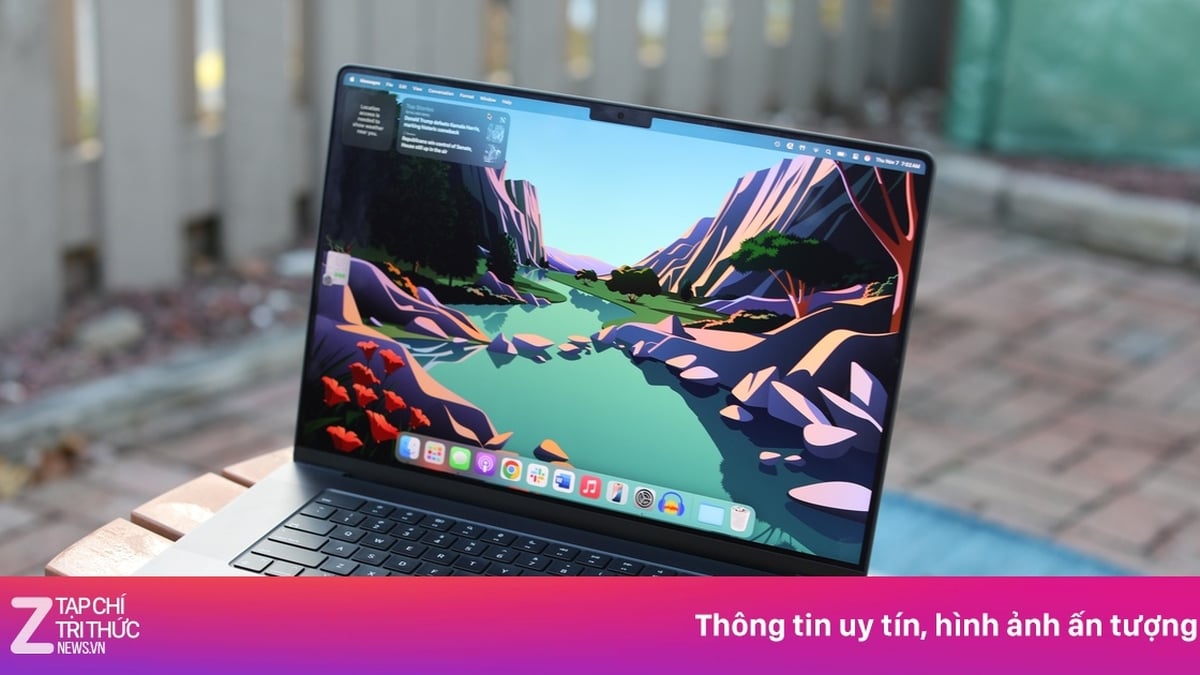
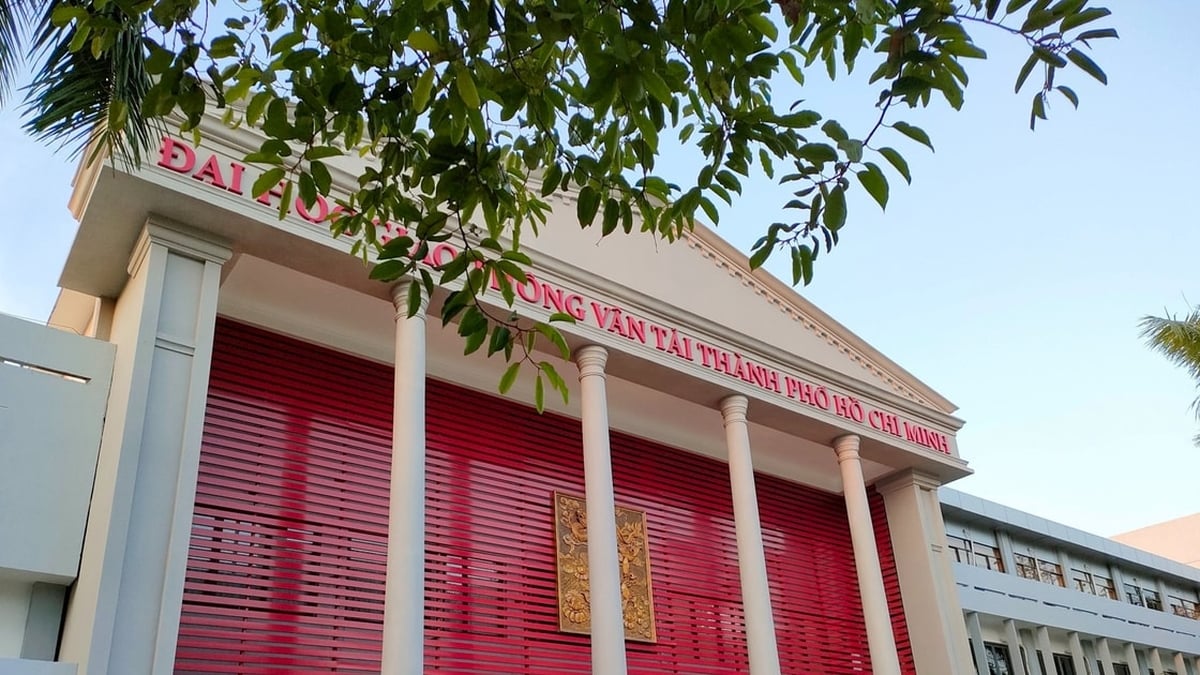
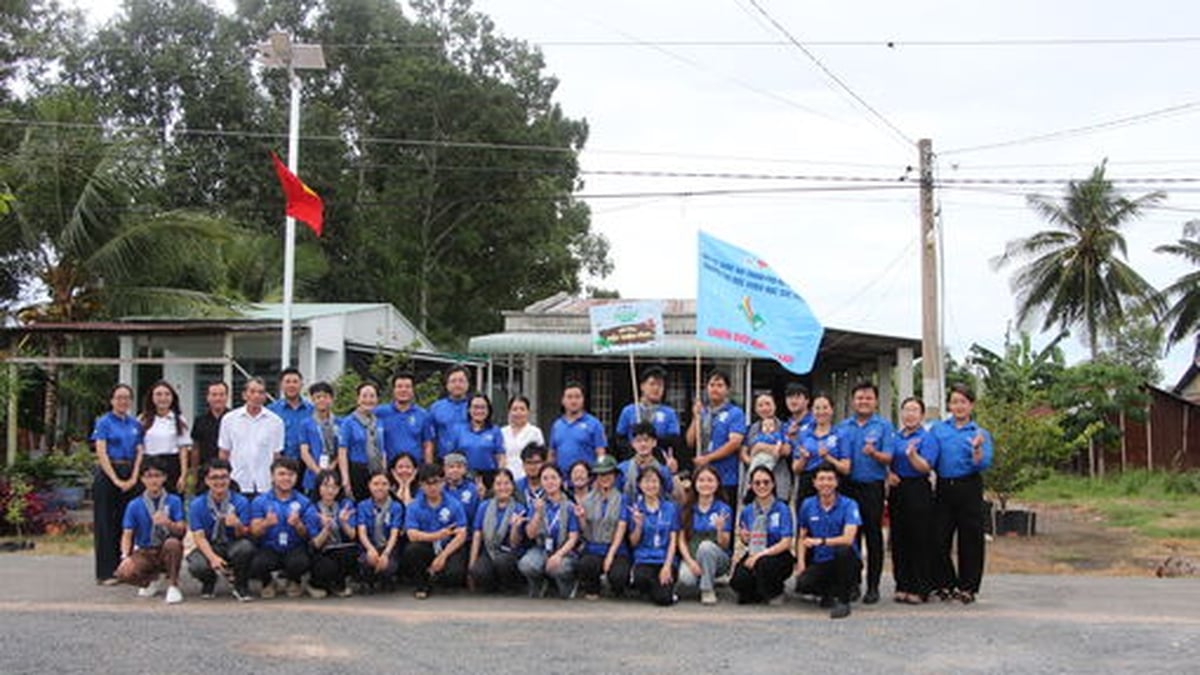













![[Photo] National Assembly Chairman Tran Thanh Man visits Vietnamese Heroic Mother Ta Thi Tran](https://vphoto.vietnam.vn/thumb/1200x675/vietnam/resource/IMAGE/2025/7/20/765c0bd057dd44ad83ab89fe0255b783)









































































Comment (0)